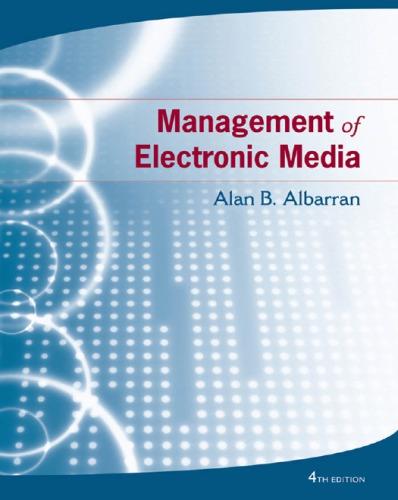Question
Need help with bold italic questions: Topic: The lack of emotional intelligence (EI) in retail business executives has been a significant issue, with businesses losing
Need help with bold italic questions:
Topic:
The lack of emotional intelligence (EI) in retail business executives has been a significant issue, with businesses losing 7% of their annual revenue since 2020 when they fail to embrace change. EI is essential for leaders to act as catalysts for change by inspiring and motivating their teams to initiate and implement organizational changes. Leaders need help in the ability to leverage EI, specifically from CEOs and other top levels of an organization. EI involves an openness to new ideas, acceptance of learning, and an ability to take calculated risks. Leaders must cope with the stress and uncertainty accompanying change, maintain a positive attitude, and remain focused on the organization's vision despite differences.
The general problem is that organizations struggle to adapt to changes in their working environment, which results in their failure to meet strategic goals. Due to intense competition, unpredictable consumer demands, and rapid technological development, organizations face difficulties sustaining their competitiveness and are hesitant to change, directly affecting meeting their results. A culture of innovation, collaboration, and continuous improvement is essential for leaders to ensure their organizations remain competitive in the future. Organizational leaders may also oppose change internally, making adjusting harder. Business leaders require support adapting to rapid business changes.
The specific problem is low EI among retail business executives, which lowers their ability to navigate complex organizational change, resulting in decreased employee performance and engagement. Leadership affects employee retention, customer satisfaction, and productivity. In 2021, employee disengagement significantly impacted a company's bottom line, with a 10% boost in customer ratings and a 20% improvement in sales outcomes. Low employee involvement and morale suggest a problem and low confidence lowers employee performance. In 2023, disengaged employees will cost organizations $450 to $500 billion annually, and only 30% of U.S. workers will be engaged and inspired.
Organizational change requires better leadership, as businesses that lack effective leadership suffer revenue, market share losses, and decreased consumer loyalty. Addressing the gap in practice of this capstone study will potentially alleviate the problem that business leaders need to leverage EI to enhance their skills to navigate complex organizational change. Digital transformation is a company's change that combines digital technologies and is not the same as digitization, changing the material from analog to digital. Emotional intelligence (EI) is the ability to control or redirect disruptive impulses and moods, suspend judgment, pursue goals, understand emotional makeup, treat people according to their reactions, build rapport, self-confidence, realistic self-evaluation, humor, trustworthiness, openness to change, drive to achieve, optimism, organizational commitment, and expertise in developing and retaining talent. This project aims to assist business leaders in navigating complex changes through emotional intelligence (EI) and provide them with critical insights, tools, and strategies to better manage and understand their teams. EI is essential for leaders to inspire and guide their team through change while maintaining a positive outlook and effectively managing the process. A significant gap in practice is that retail business leaders need more EI to cope with complex organizational changes.
A qualitative research approach is justified for this project as it allows for an exploration of leaders' perspectives regarding leveraging EI and its direct impact on organizational change. Qualitative methods are crucial to capture nuanced responses from individuals in leadership roles, especially when examining how organizations build new skills among their leaders and navigate effective organizational change. Scholars and business practitioners can use this exploration of the project question to learn how to build an emotionally intelligent leadership culture in their organizations.
Figure 1
Leading with Emotional Intelligence
Step by Step Solution
There are 3 Steps involved in it
Step: 1

Get Instant Access to Expert-Tailored Solutions
See step-by-step solutions with expert insights and AI powered tools for academic success
Step: 2

Step: 3

Ace Your Homework with AI
Get the answers you need in no time with our AI-driven, step-by-step assistance
Get Started


